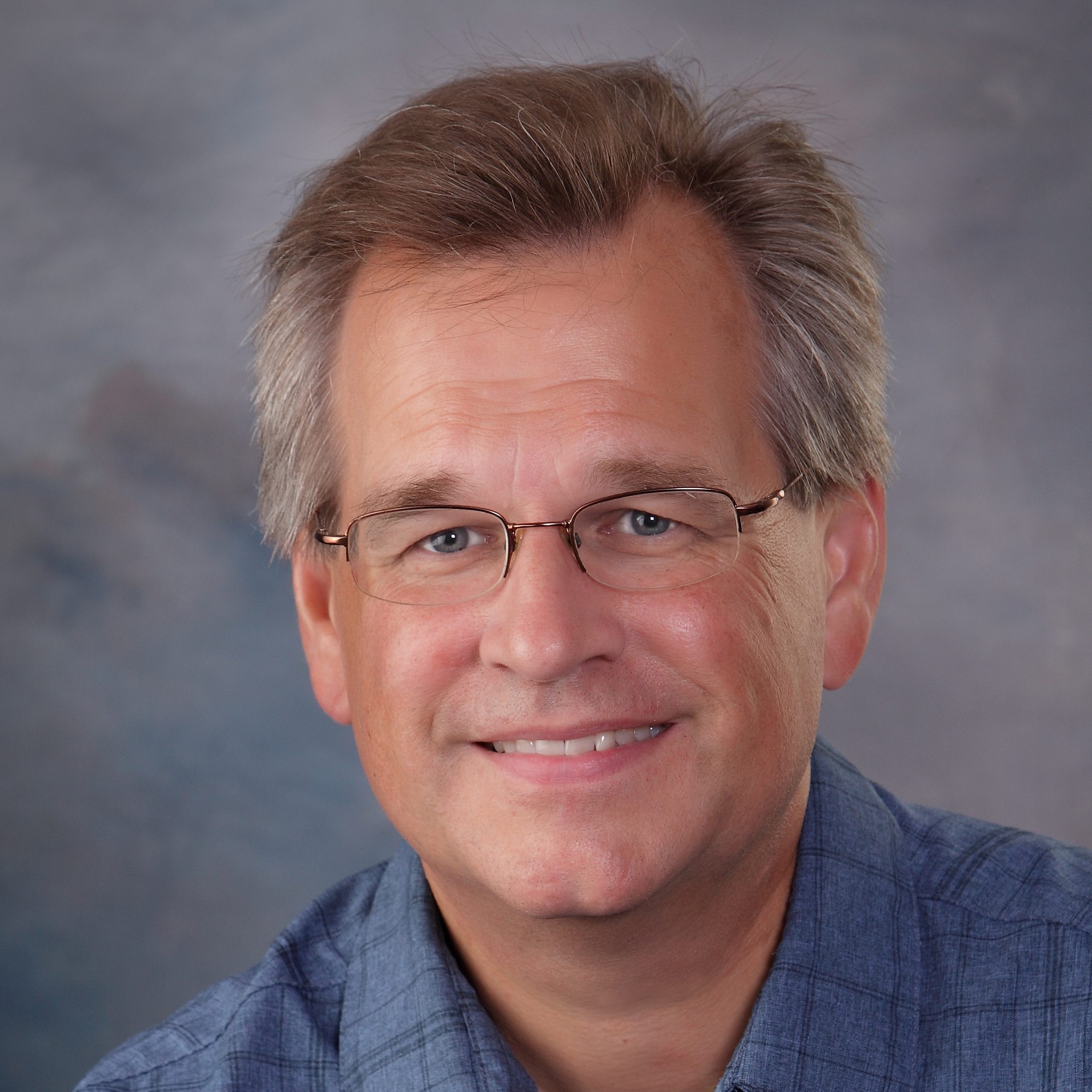The Future Church Summit (FCS) will take place July 6-8, at the Mennonite Church USA convention in Orlando. It will be a generative, open space for denomination-wide conversation — to dream together, reset priorities and engage one another in answering the question: How will we follow Jesus as Anabaptists in the 21st century? Leading up to the summit we invite you to reflect on our shared history, what being Anabaptist means for you and your hopes for the Future Church Summit.
(FCS) will take place July 6-8, at the Mennonite Church USA convention in Orlando. It will be a generative, open space for denomination-wide conversation — to dream together, reset priorities and engage one another in answering the question: How will we follow Jesus as Anabaptists in the 21st century? Leading up to the summit we invite you to reflect on our shared history, what being Anabaptist means for you and your hopes for the Future Church Summit.
David Boshart is executive conference minister of Central Plains Mennonite Conference and moderator-elect of Mennonite Church USA.
Last June, Mennonite Church USA Executive Board met in Orlando. As a part of our meeting, we were given a tour of the facilities that will host our convention this summer. We walked into the cavernous hall where our delegate sessions will take place.
Looking toward the far-off stage at one end of the hall and thinking back to the dynamics of our last assembly, a cool sweat formed on my brow. I wondered, what will it be like to assist in moderating the delegate sessions this summer?
Last October, Glen Guyton surveyed the members of the Constituency Leaders Council before our fall meeting. He asked, “Should we stick with our traditional delegate assembly?” Across the board, respondents said that conducting business as usual was a bad idea. For some time it’s been clear that we need a new conversation at our delegate assemblies.
It’s not so much that we need a new vision to direct our church. Our Vision for Healing and Hope continues to gain purchase among our members. The Purposeful Plan describes the nature of the missional church and the things that guide the work of the missional church.
Even so, many in our church have not come to own the vision. The fracturing of our denomination continues, with ongoing departures of congregations and conferences that we can count and departures of individual members that we cannot count.
 I have never been an athlete, but I did participate on a basketball team for one year in junior high. I was terrible. Our team wasn’t that great either. During second half of games when we were losing (which was most of them), our team would start falling apart as the desperation grew to rescue ourselves from the inevitable loss. I also remember the patience of our coach. The coach spent the entire first practice session after every loss drilling us on the fundamentals. When team members grow so desperate that they can’t dribble the ball or make a straightforward lay up, well, there’s not much point in worrying about the more complex strategies.
I have never been an athlete, but I did participate on a basketball team for one year in junior high. I was terrible. Our team wasn’t that great either. During second half of games when we were losing (which was most of them), our team would start falling apart as the desperation grew to rescue ourselves from the inevitable loss. I also remember the patience of our coach. The coach spent the entire first practice session after every loss drilling us on the fundamentals. When team members grow so desperate that they can’t dribble the ball or make a straightforward lay up, well, there’s not much point in worrying about the more complex strategies.
I am so grateful for the inspired vision of our Mennonite Church USA staff who conceived of the Future Church Summit for our assembly this summer. The potential of this summit sounded good to the Executive Board. It is clear to the board that we need a more basic kind of engagement with our members.
At our spring Constituency Leaders Council, we decided to give our agenda over to doing a test run of the process. The process went very well and gave us a good indication for what will happen this summer.
In many ways it was going back to the fundamentals.
The central framing question was, “How will we follow Jesus as Anabaptists in the 21st century?” What could be more basic a question than that? But beyond this fundamental question, we were asked deeply probing questions like, “What is most nourishing, precious and essential drawing us to our faith and our church?” When was the last time you were in a conversation asking that kind of question?
What could be more basic than discerning what is most precious and essential about this way of following Jesus that we share as Mennonites? Listening together to what the Spirit is saying to us as we ask these kinds of questions is surely the kind of drill that can transform our hearts and minds toward God’s hope for our church.
There are two words of warning I will offer from our CLC experience with this process. First, this is not work for the lazy. CLC participants were fully engaged in spiritual discernment every moment of the process. There will be no down time in the Future Church Summit, no allowances for anyone to coast. The process will require the thinking, praying, dreaming, and voices of everyone in the room.
Second, this is not work for those with an agenda to push.
It is a process where we show up and listen to one another, but even more — to the Spirit. It is a process that requires yieldedness to the new and clear thing that God wants to birth among us.
Having experienced a foretaste of the Future Church Summit, I believe it is the right work for the church to be doing for such a time as this.
It is hard work but it is the right kind of work.
It takes us back to the fundamentals so we can be formed in the process of conferring together until what emerges seems good to us and the Holy Spirit.
No sweat.

